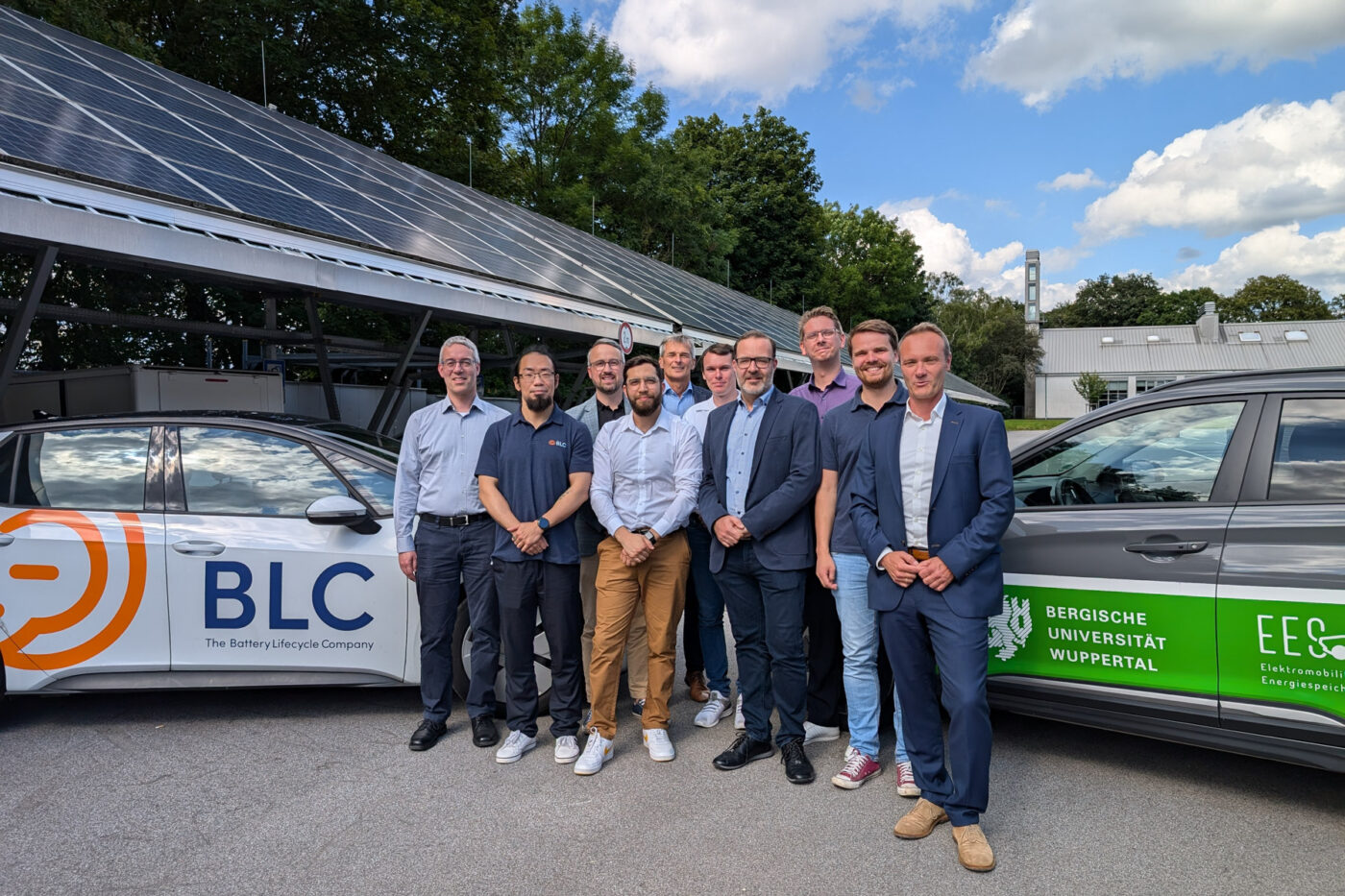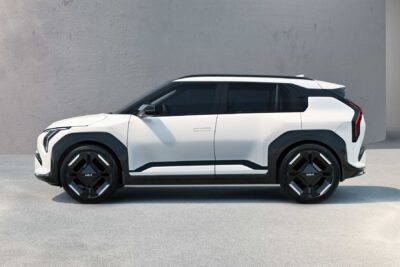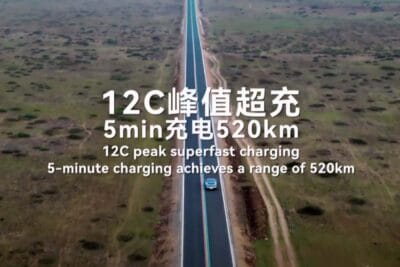German consortium researches second-life use of electric cars
To this end, ‘Re-use – Re-purpose of electric vehicle batteries,’ as the project is called in full, is developing test methods that reliably determine and evaluate the condition of used batteries. They want disused and analysed electric vehicle batteries to be used as “stationary energy storage devices with guaranteed performance and utilisation efficiency.” The goal is to promote the market launch of ‘second life’ energy storage systems for private and commercial applications.
The consortium leader is Second Life Batteries GmbH. Other partners include the Battery Lifecycle Company GmbH, Bergische Universität Wuppertal and Keysight Technologies Deutschland GmbH. The Battery Lifecycle Company, founded in 2023, is a merger of two Rethmann subsidiaries specialising in the recycling and reuse of used batteries.
Based on existing methods and instruments, the partners want to develop an “innovative testing device” that will be able to efficiently determine and assess the condition of batteries in the future. “These developments enable selective utilisation of batteries and are incorporated into the ‘battery passport’ or Digital Product Passport (DPP), which contains information on the sustainability and life cycle of the batteries. This will make it possible to reliably determine in future for which further use the battery is best suited,” says the University of Wuppertal.
Batteries from electric vehicles are often – but not always – replaced and recycled after a useful life of eight years, even though the usable residual capacity is still 50 to 80 per cent of the original value. Recycling such batteries is “very labour- and energy-intensive” and “not yet economically viable, as the value of the recovered materials does not cover the costs of the multi-stage process.” If the batteries are initially reused as stationary storage, CO2 emissions can be reduced, and the currently scarce recycling capacities can be conserved.
“The ‘Re-use’ project aims to create a marketable product from reused lithium-ion batteries,” says Stefan Naust, Managing Director of Second Life Batteries GmbH and project coordinator. “The aim is to develop a guarantee promise for the capacity and service life of the batteries in order to promote their broad acceptance and use. The batteries are to be redefined and offered according to their state of health.”
“The use of end-of-life vehicle batteries as stationary power storage units will enable a significant increase in the availability of storage capacities in stationary applications,” adds Mathias Nippraschk, Project Manager at BLC. “Manufacturers of stationary storage systems are currently competing with the automotive industry, which represents a very high demand for the electrification of mobility among all battery producers. The use of certified ‘second life’ batteries can alleviate this bottleneck in the medium term.”
Prof. Dr Benedikt Schmülling, Institute of Electric Mobility and Energy Storage Systems at the University of Wuppertal, says: “The ‘Re-use’ project is an outstanding example of how research and industry can work together to drive forward sustainable solutions. At the University of Wuppertal, we are working on developing robust and reliable testing methods that optimise the reuse of electric vehicle batteries. This is an important step towards increasing resource efficiency and minimising environmental impact.”





0 Comments